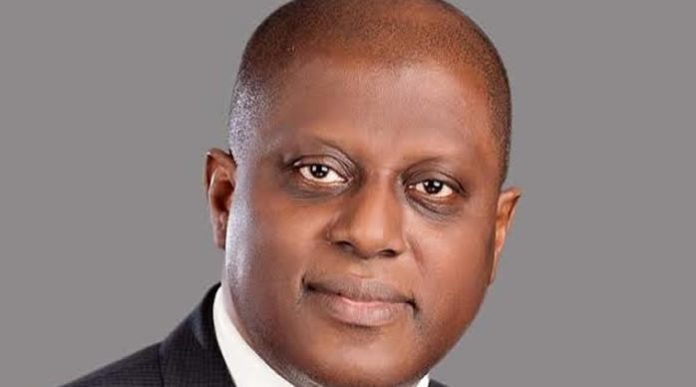The Central Bank of Nigeria’s intervention funds, amounting to approximately N531.4 billion, remain unutilized in the accounts of nine Deposit Money Banks across the country, according to reports.
This revelation emerges amid the suspension of all CBN intervention funds by the current apex bank governor, Olayemi Cardoso.
In October of the previous year, upon assuming office, the CBN governor halted all development finance interventions, citing a need to delineate between monetary policy and fiscal intervention, which had become increasingly blurred.
Cardoso emphasized a shift towards refocusing the CBN on its core mandate, transitioning from direct development finance interventions to more limited advisory roles aimed at supporting economic growth.
Under the former CBN governor, Godwin Emefiele, several intervention programs were implemented, including the Anchor Borrowers Program, the Real Sector Support Facility, and the Nigerian Electricity Market Stabilization Facility, among others. These initiatives saw disbursements of over N9.71 trillion in development finance intervention funds.
Despite these measures, recent findings indicate that nine banks still hold significant sums of unused intervention funds in their reserves.
Zenith Bank leads the pack with N157.81 billion, followed closely by Fidelity Bank with N98.85 billion, Access Bank with N94.63 billion, and Sterling Bank with N80.34 billion, among others.
Efforts to retrieve these unused funds are underway, with the CBN cognizant of the situation and exploring avenues for recovery.
While official statements from the CBN are pending, a top official, speaking on condition of anonymity, highlighted established protocols for reclaiming such funds, citing ongoing committee deliberations on the matter.
Meanwhile, at the International Monetary Fund/World Bank Spring Meetings in Washington DC, Cardoso reiterated the CBN’s commitment to refraining from direct development financing, opting instead for advisory roles in economic growth.
As discussions persist, the fate of the unused funds remains uncertain, with commercial banks awaiting directives from the CBN.
In response, small business operators advocate for the completion of fund disbursement, emphasizing the need for inclusivity in decision-making processes concerning intervention funds. Segun Kuti-George, National Vice Chairman of the Nigeria Association of Small-Scale Industrialists, emphasized the importance of engaging industry stakeholders in such critical decisions.












